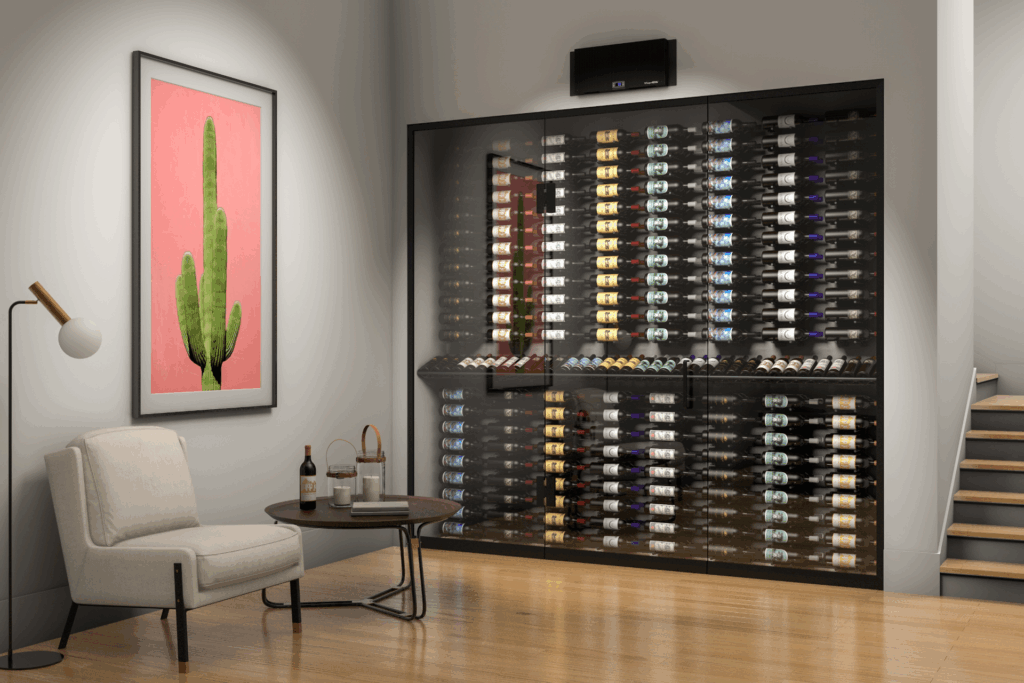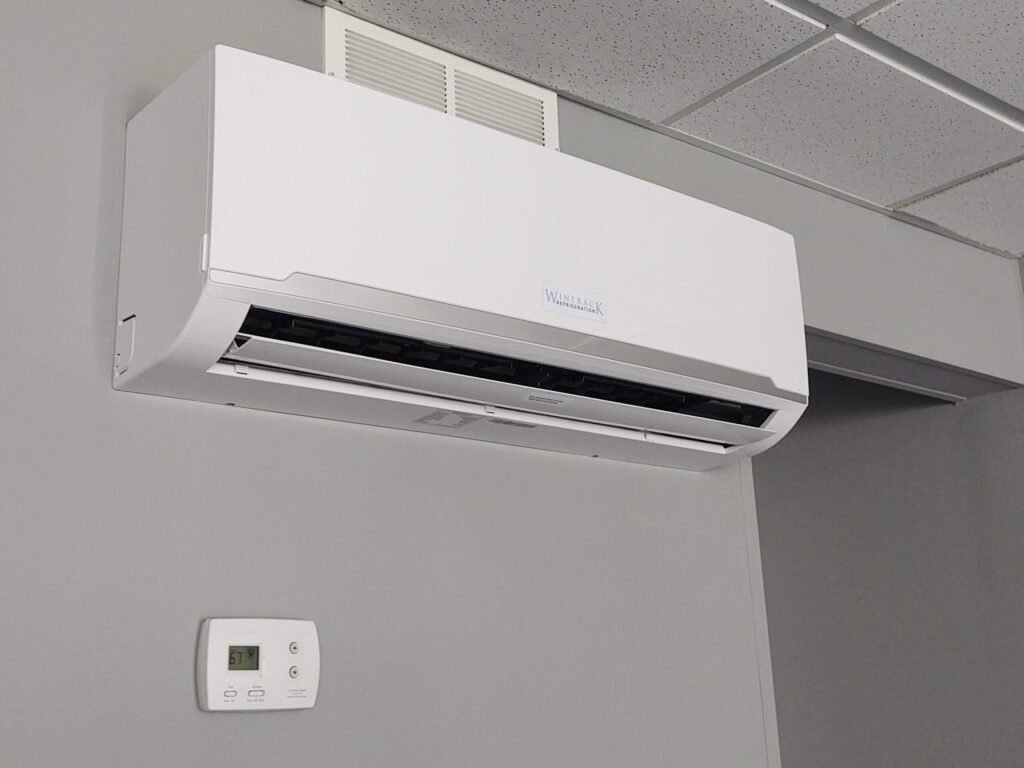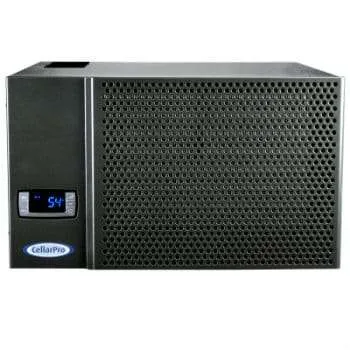If you’re passionate about wine, you know that proper storage is essential for maintaining flavor, aroma, and longevity. A wine cellar cooling unit plays a vital role in achieving this — keeping your bottles at the perfect temperature and humidity level. But how exactly do these systems work, and which type offers the best efficiency for your space? Let’s explore.
What Is a Wine Cellar Cooling Unit?
A wine cellar cooling unit is a specialized climate control system designed to maintain the ideal environment for wine storage — typically between 55°F and 58°F with humidity levels around 50–70%.
Unlike a standard air conditioner, a wine cooling unit carefully regulates both temperature and humidity, preventing corks from drying out or mold from forming on labels.
How Wine Cellar Cooling Units Work
At their core, wine cooling units operate much like a refrigerator or air conditioning system — but with fine-tuned precision for long-term wine preservation.
Here’s a simple breakdown of the process:
Air Intake and Cooling:
The system draws in warm air from the cellar. A refrigerant circulates through coils, absorbing heat from the air.Heat Exhaust:
The absorbed heat is released outside the cellar, either into an adjacent room or outdoors, depending on the system type.Humidity Control:
While cooling, the system also manages moisture levels — adding or retaining humidity to prevent cork shrinkage and maintain bottle integrity.Continuous Circulation:
Fans circulate air evenly, ensuring consistent temperature and humidity throughout the entire space.
Types of Wine Cellar Cooling Units
Different cellar setups require different cooling systems. Here are the most common types and how they work:
1. Self-Contained (Through-the-Wall) Units
These compact units are installed directly through a wall, with one side facing the cellar and the other venting heat into an adjoining room.
Pros: Affordable, easy to install, and low maintenance.
Cons: Can add heat to adjacent spaces; limited cooling capacity.
2. Split Systems
Split systems separate the evaporator (inside the cellar) from the condenser (outside or in another room), connected by refrigerant lines.
Pros: Quiet operation, efficient cooling, and better temperature stability.
Cons: Higher upfront cost and professional installation required.
3. Ducted Systems
These systems use ducts to distribute cool air evenly throughout the cellar, while the main cooling unit can be located remotely.
Pros: Virtually silent inside the cellar, flexible design, and highly efficient.
Cons: Expensive installation and requires careful planning.
Which Wine Cellar Cooling Unit Is the Most Efficient?
When it comes to energy efficiency and performance, ducted split systems are generally considered the best option.
Here’s why:
Consistent Climate: Ducted split systems maintain even temperatures across large areas.
Quiet Operation: The cooling machinery is located away from the cellar, minimizing noise and vibration.
Energy Efficiency: They consume less power over time, thanks to advanced compressors and smart temperature controls.
Longevity: Built for durability, they tend to have longer lifespans than self-contained units.
However, if you have a smaller home cellar, a through-the-wall unit might be the most practical and cost-effective choice. The “most efficient” option ultimately depends on your space, budget, and how serious you are about wine preservation.
Tips for Choosing the Right Wine Cooling System
Size Your Unit Correctly: Match the cooling capacity (BTU) to your cellar’s cubic footage.
Check Insulation: A well-insulated cellar requires less energy to maintain temperature.
Monitor Humidity: Consider a system with built-in humidity control.
Professional Installation: For split and ducted systems, hire a certified HVAC or wine cellar specialist.
Top Wine Cooling Units
Final Thoughts
A wine cellar cooling unit is more than just a luxury — it’s essential for protecting your investment and preserving your wine’s character over time.
For small or budget-friendly setups, a self-contained unit is a great start. For serious collectors seeking the ultimate in efficiency and performance, a ducted split system is hard to beat.
No matter which you choose, maintaining the perfect balance of temperature, humidity, and airflow ensures your wines age gracefully and taste their best when you finally uncork them.






